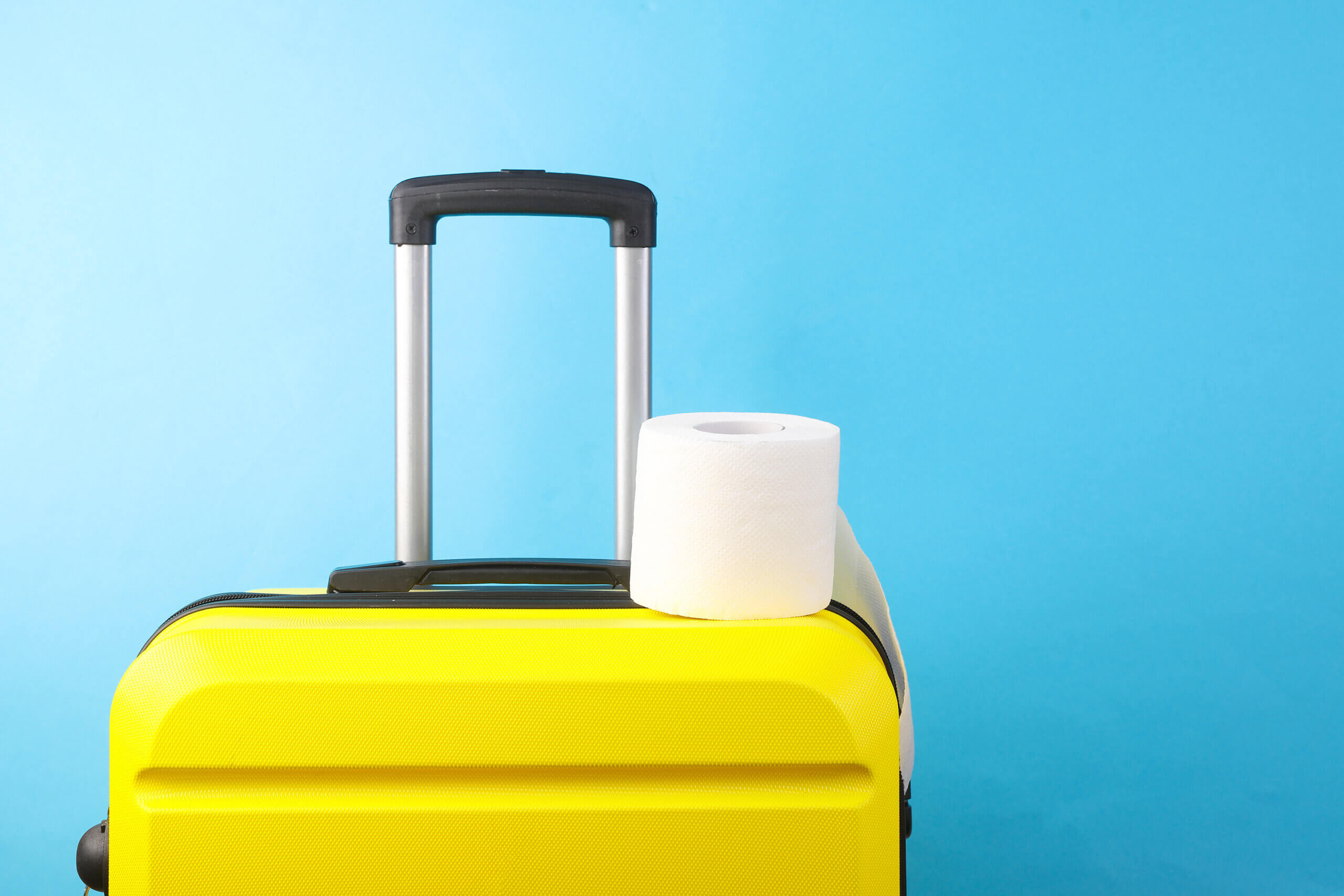#Psychedelic #cannabis #Study #compares #effect #LSD #THC #brain
(advertisement) (advertisement) (advertisement)
Today we go into depth – or height if you like – with a scientific comparison between the effects on the human brain of three types of drugs: LSD, THC (cannabis) and methamphetamine, or amphetamine crystal meth. New research answers the question of whether we can decently call our favorite plant a ‘psychedelic drug’?
The unimaginable power of hash
The reason for this article is a recent study with the nice title ‘Neural complexity is increased after low doses of LSD, but not moderate to high doses of oral THC or methamphetamine’, published at the end of January in the journal Neuropsychopharmacology.
In 1857, the American writer Fitz Hugh Ludlow described his experiences with hashish in his memoir ‘The Hasheesh Eater: Being Passages from the Life of a Pythagorean’:
“It is this process of symbolization that, in certain hash states, gives every tree and every house, every pebble and leaf, every footprint, every mark and every gesture a meaning beyond mere matter or form, which carries an unimaginable power of afflictions or of happiness.”
Before Ludlow gave Hashish meaning to everyday objects; his experiences seemed to reveal new parts of the mind, with both blissful and terrifying effects. In 1956, psychiatrist Humphrey Osmond coined a term to describe such “mind-altering” phenomena: psychedelic.
Classic psychedelics have different pharmacology than THC
Then as now, the term is most often applied to drugs such as LSD, which powerfully alter a person’s perception and often cause hallucinations through their action on a specific neurotransmitter receptor called 5HT2a. It receives signals from serotonin, one of the brain’s most important chemical messengers.
These ‘classic psychedelics’ have a very different pharmacology tetrahydrocannabinol (THC), the main active substance in cannabis.
Unlike LSD and so-called ‘classic psychedelics’, THC works in the same way as another class of neurotransmitters: endocannabinoïden. These endogenous cannabinoids send signals “back” across synapses in the brain to regulate the firing of neurons.
The effects of THC include changes in perception, appetite and mood – “unimaginable power of torment or happiness,” as Ludlow put it. But does this also make this experience ‘psychedelic’?
Test subjects receive THC in pill form or a microdose of LSD
Let’s look at classic psychedelics such as LSD and psilocybin, the main active ingredient in magic mushrooms. A known effect of these psychedelics is an increase in complexity or ‘diversity’ of neural activity.
According to one theory, the complexity of the brain during the psychedelic state reflects the increased richness of the subjective experience. In short, your experience of the world becomes more complex with psychedelics and so does the electrical activity of your cerebral cortex.
The aforementioned current study from the University of California Los Angeles (UCLA) investigated whether oral administration of THC would also increase neural complexity. At the University of Chicago, study leader Murray and his colleagues recorded electrical brain activity using a non-invasive technology that electro-encephalogram (EEG) is called.
One group of healthy volunteers took THC in pill form and another group took a small “microdose” of the classic psychedelic LSD in another session (a microdose here means a small dose with barely noticeable effects).
REMARK: This THC pill contained synthetic THC, or Marinol, instead of an extract of the cannabis plant. Marinol does not contain other cannabis ingredients such as CBD, so its effects may differ from those of real cannabis products. Additionally, some people have genetic backgrounds that affect their liver’s ability to metabolize THC, and these people will be more affected in some ways by oral THC than by smoked or vaporized THC.
Here a mis-dose of LSD is prepared for use…
Third drug to compare even better: methamphetamine
To also investigate how LSD and oral THC compared to a stimulant drug without perception-altering effects, researchers from the University of Chicago gave a third group of healthy volunteers a medical preparation of methamfetamine.
This medical preparation – similar to what is occasionally prescribed for attention deficit hyperactivity disorder or ADHD – is not smoked like crystal meth, the street form of the drug. However, it still has powerful effects on alertness and attention.
For all the drugs given in the lab – THC, LSD and methamphetamine – some volunteers took the real drug while others took an inactive placebo.
Only LSD increases the complexity of brain activity
What effect did these drugs have on the volunteers? When asked how strong they perceived the drug effect, the volunteers felt most ‘high’ during the THC session – a solid 6 or 7 if you were to rate it on a scale of 10.
Both the effects of methamphetamine and LSD were weaker, which is not surprising because LSD was only administered in a microdose. Furthermore, both THC and LSD increased nervousness/anxiety, although this effect was stronger in the case of THC.
But what about the effects on brain activity? Physician Joel Frolich contributed to the study by guiding an analysis of neural complexity. Surprisingly, when the effect of each drug on neural complexity was compared with a placebo, only LSD caused a statistically significant increase in the complexity of brain activity.
THC simply did not change the complexity of EEG signals at a significant level, and the small effects it did have were a mixture of increases and decreases on different EEG sensors.
Comments on the test results
Does this mean that THC (orally or otherwise administered) is not psychedelic? First, the changes in complexity observed with LSD did not correlate with the subjective effects of the drug – suggesting that the diversity of neural signals changes even before strong effects occur in a person’s mental experience.
However, this might have been different if the participants had been given a larger ‘microdose’ of LSD, as other studies have found a correlation between neural complexity and the felt effects of microdose psychedelics.
Additionally, it is important to remember that the volunteers were taking Marinol, which lacked the other natural chemicals or ‘cannabinoids’ from the cannabis plant, such as CBD. Although the main effects of cannabis are exerted by THC, it is possible that THC also interacts with other cannabinoids, altering its effects. We call it the latter entourage-effect.
In other words; another study using extracts from the cannabis plant could have yielded different results.
One drug hits your brain harder than the other, but we dare to say that weed or hash will always hit you hard…
In any case, the truth is what a person reports
But finally, and most importantly, we must remember what the word means psychedelic means: manifesting the mind. Many experiences, including some that don’t involve drugs, reveal hidden aspects of the mind, including meditation, breathwork, and floating in a float tank for sensory reduction.
In the case of meditation, it is somewhat unclear whether this activity is associated with increases or decreases in neural complexity. But in any case, as far as psychedelic quality is concerned, the truth is what a person reports – if experiences with meditation or cannabis seem to manifest hidden aspects of the mind, why can’t we call these experiences psychedelic?
Pills, placebos, psychoplastogens and THC
Psychotherapy, supported by classic psychedelic compounds such as LSD and psilocybin, is now being explored in many countries as a treatment for depression, addiction and fear of terminal illness. All clinical trials must compare these substances against an inactive placebo (a pill with no effects) to determine whether any benefit the patient experiences is really due to the drug or just what the patient expects will happen, a sort of self-fulfilling prophecy.
Because most psychiatric drugs have quite subtle effects – you don’t really notice much after taking a Prozac pill – placebo-controlled studies generally work well. Classic psychedelics like LSD, on the other hand, have pronounced effects – participants know when they are placed in the placebo group, changing their expectations about the improvement of their symptoms.
In this context, the drugs are known as ‘psychoplastogens’. Cannabis, on the other hand, is not a psychoplastogen – as bizarre as an experience with cannabis can be, it is unlikely to cause a massive rewiring of the brain similar to the changes produced by LSD.
Weed is different from but also similar to classic psychedelics
And yet THC can cause profound changes in perception that, when taken orally (as a pill or edible), follow a long time course, similar to classic psychedelics, often taking an hour or two to kick in after the oral dose has been taken.
This could make cannabis a better comparison in psychedelic drug studies than a simple, inactive placebo. In such a study, it would be less clear to participants which treatment they have been assigned, allowing for better control of expectations.
This idea is supported by the fact that ketamine – another psychoplastogen with antidepressant properties (albeit one that does not act primarily on 5HT2a receptors) – is also known to increase neural complexity.
The question of whether cannabis is “psychedelic” is a matter of semantics: how do we define psychedelic? And whether or not it’s considered psychedelic, THC has both important differences and similarities to classic psychedelics like LSD…
[beeld: Shutterstock]
(advertisement)





/i/2006088938.png?f=meta)
:strip_icc()/i.s3.glbimg.com/v1/AUTH_51f0194726ca4cae994c33379977582d/internal_photos/bs/2024/h/C/9W1Z34TxWcsd4E47ZiSw/sonza.jpg)




